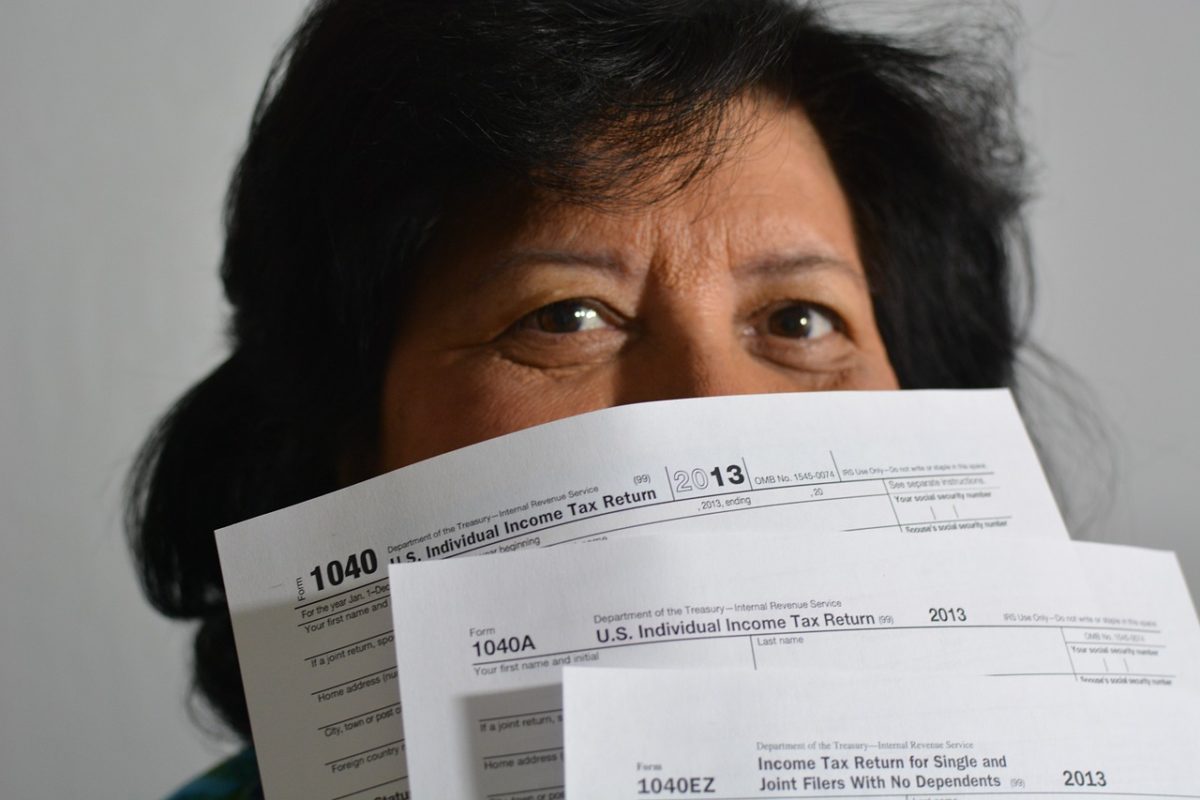The COVID-19 pandemic already affected the way you filed your taxes for last year by extending the deadline from April 15 to July 15. The virus will continue to impact the way you file your taxes in 2021 and the CARES Act introduces some circumstances for which people may not be prepared.
Some of those changes can be beneficial, while others may result in a nasty surprise. Be prepared for an additional push to e-file if you don’t already. It takes longer for the IRS to process paper returns. E-filing will help protect against identity theft and you’ll get your refund quicker.
Change in Tax Liability
Loss of jobs, unemployment benefits, or increased hours for essential workers will result in significant income differences over previous years. You can easily find yourself in an entirely new tax bracket.
Charitable Deductions
Even if you don’t itemize deductions, the CARES Act enables anyone to claim a charitable deduction up to a maximum of $300. You’ll need to provide records for any charitable deduction you claim.
Mortgages
Relief was provided for home mortgage holders due to the pandemic. The result was that many individuals paid less in interest, meaning there will be a smaller amount of mortgage interest to deduct. Unfortunately, if your mortgage debt was cancelled due to a foreclosure, the cancelled amount may be considered taxable income if you don’t qualify for an exception to exclude the cancelled debt.
Retirement Withdrawals
For those that had to dip into their retirement accounts to survive the pandemic, the CARES Act removed the 10 percent penalty, providing you’re under 59.5 years old. You can also spread the tax liability over three years. If you pay back the account, you can file an amended tax return to recoup the money you paid on the distribution.
Self-Employed
The IRS has moved some of the deadlines for estimated tax payments for those that are self-employed. You don’t have to wait until the deadline to pay if you have the money available, but it’s beneficial if you need a little extra time.
Stimulus Payments & Unemployment
If you received the $1,200 stimulus payment, it won’t be considered taxable income. However, unemployment benefits are still taxable and it can lead to a very unpleasant surprise for individuals that received the extra $600 per week unemployment benefits in addition to their regular benefits. The full amount of your unemployment benefits will be taxable at the federal level and in all but 15 states.
Student Loans
The CARES Act also provided temporary relief of student loan payments. If you paid less interest on your student loan, you’ll have less interest that can be deducted from your income taxes.
At Peavy and Associates PC our mission is to assist you with all your tax preparations, payroll and accounting needs. We provide our clients with professional, personalized accounting services and guidance in a wide range of financial and business needs. Give us a call today and discover why our clients return to Peavy and Associates, PC year after year!


